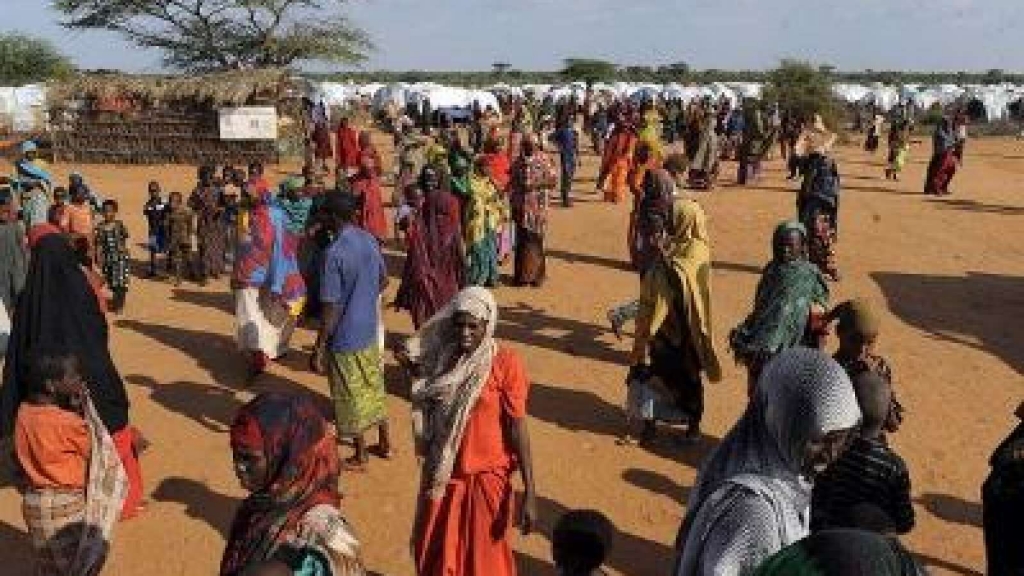-
Tips for becoming a good boxer - November 6, 2020
-
7 expert tips for making your hens night a memorable one - November 6, 2020
-
5 reasons to host your Christmas party on a cruise boat - November 6, 2020
-
What to do when you’re charged with a crime - November 6, 2020
-
Should you get one or multiple dogs? Here’s all you need to know - November 3, 2020
-
A Guide: How to Build Your Very Own Magic Mirror - February 14, 2019
-
Our Top Inspirational Baseball Stars - November 24, 2018
-
Five Tech Tools That Will Help You Turn Your Blog into a Business - November 24, 2018
-
How to Indulge on Vacation without Expanding Your Waist - November 9, 2018
-
5 Strategies for Businesses to Appeal to Today’s Increasingly Mobile-Crazed Customers - November 9, 2018
5 million in Somalia don’t get enough food, UN report says
Over five million people – or 40% of the country’s population – in the East African nation do not have enough to eat, according to a staggering new report from the United Nations released on Tuesday.
Advertisement
Prolonged conflict between warring groups and high food prices have typically contributed to poor household food security and high malnutrition rates, but the number of hungry Somalis has risen by an 300,000 since the last review in February 2016, the UN’s Food and Agricultural Organisation (FAO) said. Thousands of refugees returned to Somalia this year from the Dadaab refugee camp in Kenya, which is to close in November.
Hunger is particularly acute among Somalia’s 1.1 million internally displaced people, many of whom are living in “appalling conditions” having fled their homes multiple times, the United Nations said. The report revealed more than 300,000 c50,000 children are severely malnourished. Poor rainfall in southern and central Somalia, the breadbasket of the country, has led to a reduction in cereal production by almost half, compared to the long-term average.
The situation is of serious concern as this comes at a time that the country is facing multiple challenges and the organisation says urgent action needs to be taken to reduce the risk of it sliding into a catastrophe.
Meanwhile, the al-Qaida-linked al-Shabab continues to carry out attacks in the capital and elsewhere.
“We chose to return home voluntarily, but that was a wrong decision”, said Amina Nur, a mother of six, who returned to Somalia five months ago from Kenya.
Somalia is facing one of the worst food crises in years. Aid agencies haven’t provided returnees with food since they arrived back in the country, sources toldAl-Jazeera.
“Life here is a nightmare”. At least 250,000 Somalis died during the 2010-2012 drought, the majority of which were children.
“Humanitarian partners are ready to scale up response to help families struggling to find food to make it through the day”, said Peter de Clercq, the UN Humanitarian Coordinator for Somalia.
Advertisement
The La Nina weather phenomenon is likely to worsen hunger as it will affect Somalia’s October to January short rainy season, known as the Deyr, the Famine Early Warning Systems Network has said.




























